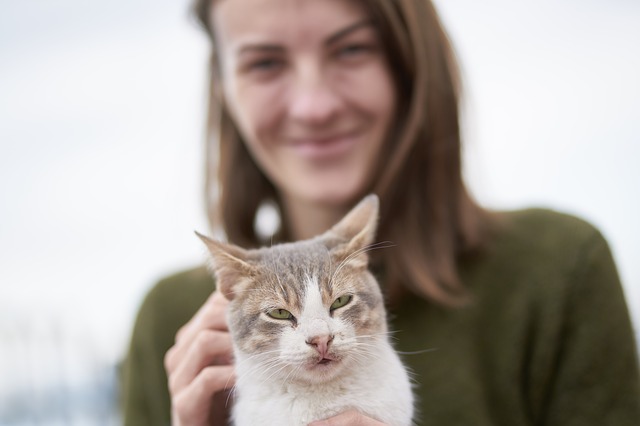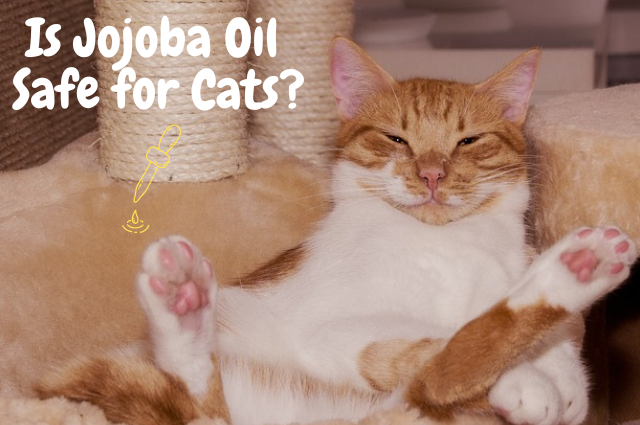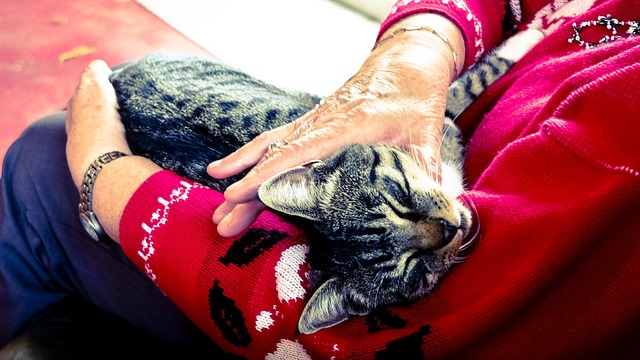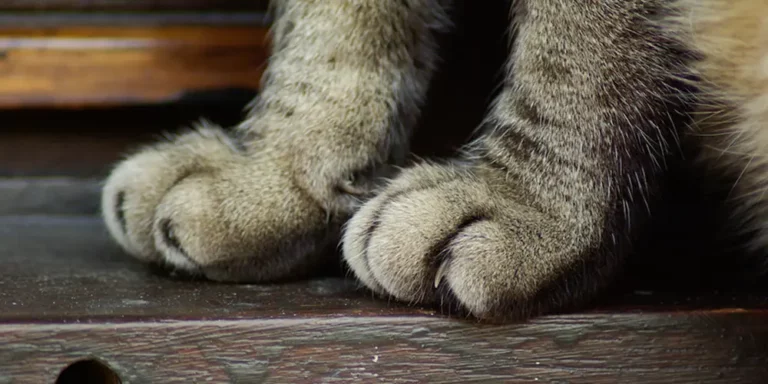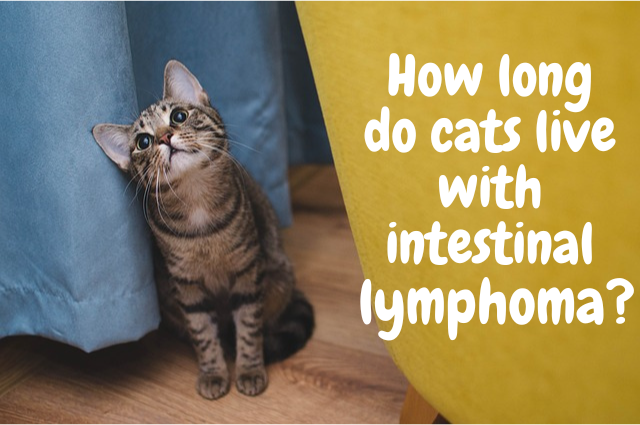Caring for Your Cat During an Epidemic
At the time I am writing this, the COVID-19 epidemic is in full bloom. People in Asia, Europe, and America are shopping for food and toilet paper like crazy, there are no disposable masks or gloves available anywhere (other than the black market), and the numbers of those affected by the disease keep on getting higher and higher.
But the scenario is grim from an economical standpoint, too. What will happen when each and every one of us continues to sit at home, and just one member of any household is allowed to go out and shop for food and medicine from the pharmacy? This is what is happening in Italy as of March 2020.Â
As much as we don’t like to think about it, our pets are also affected by this epidemic. There were thousands of pets left without owners in Wuhan, China, the place where this thing started, and there had to be people organizing feeding and rescue activities for fear of those animals dying of hunger.Â
I decided to create a post that might seem a little apocalyptic, in some ways, but that will help anyone who’s panicking about caring for their pet during these times.Â
Stop worrying
As much as we don’t like to admit it, we go out and shop for as much food and disinfectants as possible because of our instincts. In the world, there are plenty of such products at this time, and there is no shortage anywhere in sight. We are covered for at least several months, especially in terms of food.Â
We have to learn to live with less, which might be something that people who are into consumerism might not like, but they themselves will have to adapt to the new rules.
In any country where an emergency state was declared, there were no shortages of pet food up until now. As you know, kibble can last for as many as six months after the bag was opened. In six-months’ time, this will probably be over, and even though we’ll have no vaccine for COVID-19 (as developing a vaccine usually takes 12 to 18 months), we’ll most likely have access to one type of treatment or the other.
Young and healthy people will keep working, provided that they wear protective equipment (masks, gloves, and even disposable shoes). That means that there will still be eggs and milk to buy in the store — you can’t tell cows to stop producing milk, nor can you tell a chicken to stop laying eggs.
Pet food will still be readily available. Do not worry. Your
Don’t fear your cat
Unless there were clear reports of pets infecting humans, you do not have to worry about your
But cats and dogs are two species that, in most cases, develop species-specific diseases.Â
They do have a wide variety of zoonotic diseases that they can give you, including Toxoplasmosis, but most of those that we know of at this time can be prevented and treated effectively.Â
As for the new type of Coronavirus, cats can have Coronavirosis, too, but it’s a different type of pathogen (although in the same family as the human one) that makes them develop the disease.Â
To give you an idea, in cats, this disease mostly affects the gastrointestinal tract, causing diarrhea and lowering the immune system of some cats to the point they develop FIP (feline infectious peritonitis). These aren’t symptoms that ‘our’ type of Coronavirus produces.Â
Your cat can be a vector of any disease
The COVID-19 epidemic is widely known for being produced by a pathogen that is highly contagious. But it’s not as contagious as some might think. The likelihood of getting it from a contaminated surface is higher than that of getting it from someone directly or from the air, in general.
Even though I have already noted that in most cases, cats and dogs don’t contract novel diseases that easily, they can be vectors of the disease.
For example, if you take your dog to the park and he/she is pet by someone who is a carrier or sick with the novel coronavirus, your dog could become a vector of the disease for you and your family.Â
But with cats? That’s not really possible if they don’t interact with someone who spreads the disease.Â
If your
Disinfect your hands, your doorknobs, and if you really want to, even your shoes (you could use disposable ones that you chuck in a bin before getting into the house) before getting into a space that you and your
If the authorities are advising you to stay indoors, do that, if your job allows you to work from home. If not, make sure you pay attention to everything and stay as safe as possible. Tell the other people living in your household to take the same measures so as not to infect you.Â
Ordering pet foodÂ
If you are feeling concerned about someone who might be infected having touched the packaging of the pet food you have ordered online, there are some things you can do about it.
Most novel viruses can survive for up to 9 days on surfaces, but that’s the highest number of days possible. In actuality, viruses survive for about 1 day on cardboard and paper and textile materials and up to 3 days on other surfaces.
So, if you want to be on the safe side of things, you can order and pay online, get the box, move it into a space where you don’t touch it for 3 days, (wash your hands thoroughly and disinfect the doorknobs you have touched after handling the box) and then you can rest assured that all’s well.Â
If you want even more peace of mind, you can use gloves while handling the cardboard box, take all the products and place them in the bathtub and wash them with hot water – at least 104 degrees F (40 degrees C) — hotter would be even better. Use dish soap or any kind of detergent or soap and scrub them as best as possible.Â
Leave them to soak in a hypochlorite or bleach solution, if you want to take things even further. Just make sure that the packaging is intact so that none of the disinfectants gets inside and comes in contact with the pet food or accessories you have ordered.Â
70% alcohol, sodium hypochlorite and bleach should all be used for disinfecting door knobs and other such surfaces that you have a high risk of contaminating.Â
For the rest of the surfaces, please use a pet-safe disinfectant. The ones that I have mentioned and that can kill viruses can irritate your
In the end, stay calm and stay safe. If you live alone and you have a
The American Veterinary Medical Association has put together a fact sheet about Coronavirus for pet parents. Here it is: AVMA COVID-19 FAQ.
If you want to support this blog, you can consider purchasing the products recommended in this post (using the links in the images).Â
Resources:
Covid-19: How long does the coronavirus last on surfaces?
Coronavirus Disease 2019 Clean & Disinfect
Coronavirus Stays in Aerosols for Hours, on Surfaces for Days
